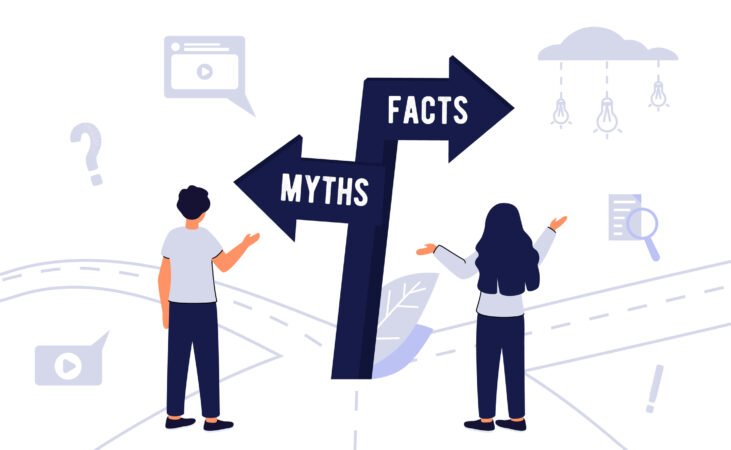
Easy licensure portability—it is something everyone in a licensed profession wants, but it is not always easily understood. And as AAMFT embarks on a strategic effort to expand licensure portability for the MFT profession, it has never been more important to understand this process and to correct misconceptions that often circulate about it.
- Misconception: The result of portability efforts is national licensure.
Truth: There is no current path to national licensure. It is only regulated at the state level. - Misconception: Portability efforts result in lower fees.
Truth: Multi-state licensure requires fee payment in all states in which an MFT wants to be licensed. - Misconception: Compacts can eliminate issues around state culture.
Truth: Compacts are one of the methods of portability most susceptible to state culture because the language passed must be identical in each state. The initial language must be a high enough bar that subsequent (more difficult) states will also pass it. - Misconception: Using a model law strategy to improve licensure portability means the same law must be passed in each state.
Truth: In model law strategy, there may be differences in the portability laws from state to state. The goal is to ease portability barriers. This method offers flexibility to address unique situations or issues in each state.Interested in understanding more about portability, common misconceptions around it, and AAMFT’s proposed plans? Check out this presentation. Do you have experience with multi-state licensure that could help inform AAMFT’s efforts? Please complete this brief survey.
Background resources:
Family Therapy Magazine: “Decisions, Decisions, Decisions: Considerations Regarding Licensure Portability and Compacts”
Other articles
An Unstoppable Teenage Life Force: Face to Face with a Class of Syrian 7th Graders
Several years ago, while I was working on a project in Lebanon, I came face to face with a class of Syrian 7th graders. The 7th graders had been displaced to Lebanon by the war taking place across the border. I had been brought to the school, and the nearby refugee camp where the Syrian children lived with their families, as a consultant family therapy “SME” – a “subject matter expert.”
Laurie L. Charlés, PhD
Trauma-informed Family Therapy: Systemic Treatment of Trauma of Child Refugees
Although children account for just 30% of the world’s population, they account for 41% percent of all those who have been forcibly displaced (United Nations Children’s Fund; UNICEF, 2022). In a number that is difficult to fathom, nearly 34.15 million children were forced to leave their homes and countries due to human rights violations (United Nations High Council for Refugees; UNHCR, 2021).
Charity Somo, PhD and Laurie L. Charlés, PhD
Did You Marry Your Sibling?
Perhaps you’ve never thought of it, but if siblings are relatively close in age, childhood was their first experience of living with someone of the same generation. In fact, the early childhood sibling relationship could be considered a laboratory for all subsequent (adult) relationships.
Karen Gail Lewis, EdD